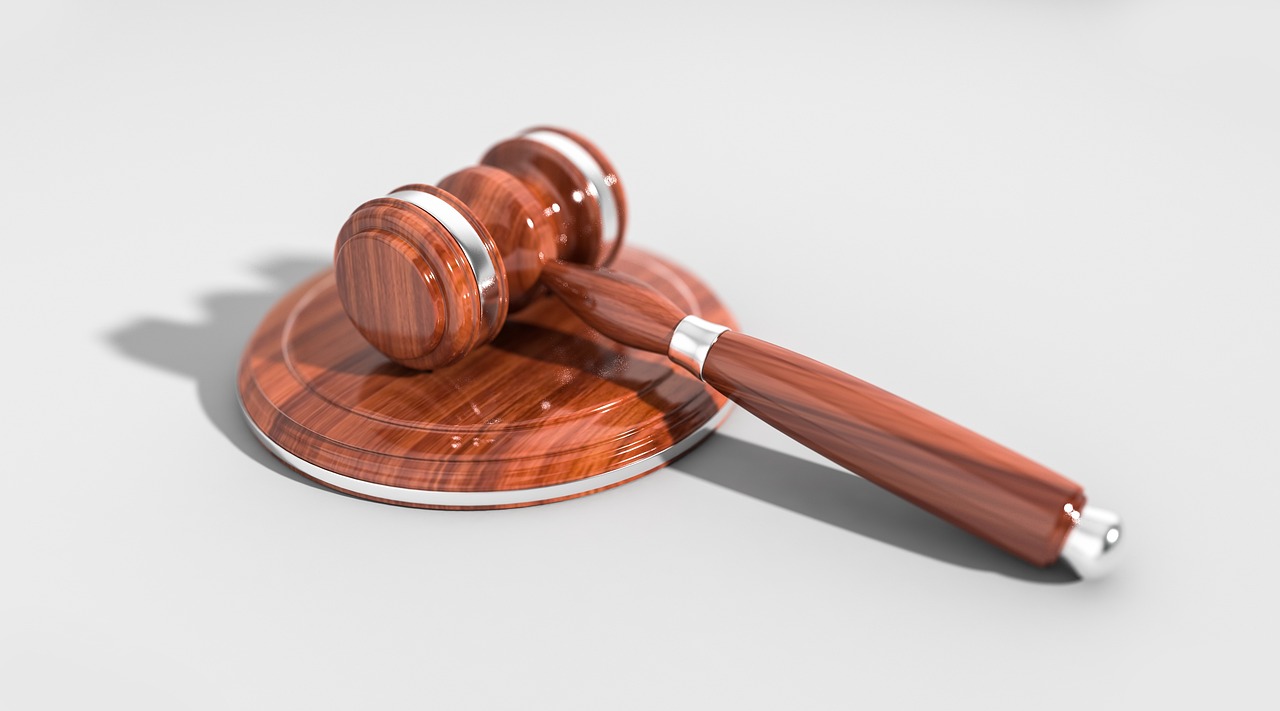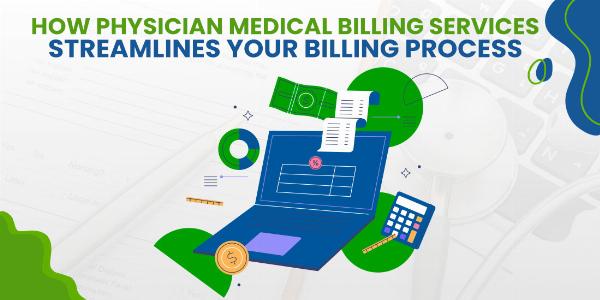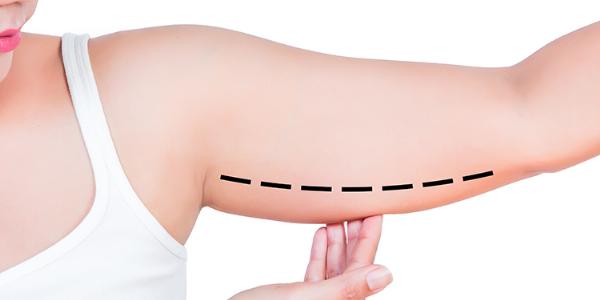What to Do Immediately After Being Pulled Over for a Traffic Offence in NSW
Being pulled over by police can be an overwhelming and stressful experience — especially if you're uncertain about your legal rights or the potential consequences. Whether it’s a minor speeding fine or a serious charge like drink driving, how you respond in those first few moments can significantly influence the outcome of your case. Here's a clear guide on what to do if you're pulled over for a traffic offence in New South Wales (NSW).
1. Stay Calm and Composed
As soon as you see flashing lights behind you, safely pull over to the left side of the road. Turn off your engine, keep your hands visible (usually on the steering wheel), and remain calm. Police officers often observe driver behaviour closely from the moment the stop begins, so your composure can make a difference.
2. Be Polite, But Know Your Rights
You are legally required to provide certain information when asked:
Your full name
Your address
Your driver's licence
Beyond this, you do not have to answer questions like:
“Where were you going?”
“Have you been drinking?”
You have the right to remain silent beyond the required identification. Being polite while asserting your rights respectfully is the best approach.
3. Breath Testing and Roadside Checks
If you're asked to take a roadside breath test, you are legally required to comply. Refusing can result in serious penalties, including licence suspension and criminal charges. However, if you believe the procedure wasn’t conducted fairly or lawfully, don’t argue on the roadside. Instead, document what happened and speak with a lawyer as soon as possible.
4. Don’t Admit Guilt on the Spot
Many drivers try to “explain” themselves by admitting fault — especially in the hope of receiving leniency. This can backfire. Any admission made on the roadside may be used as evidence in court later.
If you're unsure about the legal implications of what happened, it’s best to refrain from making any detailed statements until you’ve spoken to a lawyer.
5. Take Notes or Record Details
If you are issued a fine or notice to appear in court, write down:
The name and badge number of the officer
Time and location of the stop
A description of the interaction
Whether there were any witnesses
In cases where you suspect the charge may be unfair or unclear, this information will be critical when preparing your defence.
6. Seek Legal Advice Promptly
Even if the offence seems minor, the legal consequences can escalate — particularly for repeat offenders or professional drivers. Some offences may result in:
Demerit points
Immediate licence suspension
Hefty fines
A permanent criminal record
Seeking legal representation early can help you explore options such as negotiating a lesser charge, preparing a defence, or applying for leniency.
If you're unsure about your situation, contact a Lawyer for auto accident at Thompson Lawyers. Their experienced Newcastle-based traffic defence team understands the complexities of NSW road laws and has successfully represented clients across a wide range of offences.
7. Understand the Process That Follows
Most traffic offences are dealt with in Local Court. In some cases — such as for serious reckless driving, high-range drink driving, or if you have a previous record — the matter may escalate. Your lawyer can:
Represent you in court
Negotiate with prosecutors
Help you avoid or reduce disqualification periods
Assist with licence appeals or good behaviour bonds
Final Thoughts
Being pulled over doesn't have to be the beginning of a major legal ordeal. By staying calm, knowing your rights, and seeking timely legal advice, you can improve your chances of a favourable outcome. For tailored support, contact a qualified Lawyer for auto accident at Thompson Lawyers to protect your rights and driving future.


Traffic offenses in NSW can be a stressful situation, but staying calm and following the recommended steps—like providing ID immediately upon being pulled over for an offense--can help mitigate any potential issues. #NSWTraffictips.
Timely and comprehensive advice on what to do immediately following a traffic offense stop in NSW, with practical steps for ensuring smooth interactions between drivers caught by the law.
Act responsibly and lawfully by providing appropriate identification, remaining calm yet cooperative during the stop in NSW as a first step when being pulled over for traffic offence to avoid escalation of issue.
Reacting promptly and responsibly when pulled over for a traffic offence in NSW is crucial; stay calm, provide valid ID & documentation immediately to ensure seamless resolution.
When pulled over by law enforcement in NSW for a traffic offence, the most immediate action should be to remain calm and cooperative while providing necessary documents like driver's license with both hands. Compliance aids smooth proceedings.
Immediate steps to take after a traffic violation pull-over in NSW, as outlined herein the article—proactive cooperation with authorities by providing all necessary documents promptly and respectfully answering questions while awaiting further instructions from police.
This comprehensive guide provides a clear roadmap for drivers in NSW on what actions to take immediately following an交通违法被拦停的即刻应急措施—ensuring compliance, Communication and especially staying calm amid potential stress situations.
As soon as you are pulled over for a traffic offense in NSW, ensure to remain calm and respectful while following their instructions promptly. Use this moment wisely by hoping the officer has your documents ready before moving forward with any necessary paperwork or explanations.
When pulled over for a traffic offense in NSW, it's crucial to remain calm and comply with the officer’_ations promptly. Cooperation is key as mistakes can be penalized heavily; keep required documents ready while courteously asking what specifically led them to your stop.
The most crucial action to take immediately after being pulled over for a traffic offence in NSW is staying calm, respecting the officer's authority and providing accurate information upon request.
Navigating the immediate aftermath of being pulled over for a traffic offence in NSW can be stressful but having an understanding on action steps like providing证件, remaining calm and cooperating with authorities is crucial. This guidance could save time & potentially reduce penalties.
Right after being pulled over for a traffic offence in NSW, it's crucial to remain calm and cooperative. Absolutely ensure that you provide your license & registration promptly without any form of resistance.
When it's time to respond following a traffic violation pull-over in NSW, always remember remain calm and respectful. stackexchange 网站评论局限字数,所以直入主题。
Navigating a sudden in-traffic encounter can be intimidating, but being prepared with vital information and adherence to basic etiquette is crucial. This article offers practical advice on what steps drivers should take immediately after getting pulled over for an offense by the NSW authorities.
Indeed a prudent approach for drivers in NSW confronted with traffic offences - prepare, remain calm and act quickly as per the guidelines to ensure that communication is constructive between you & law enforcement.














